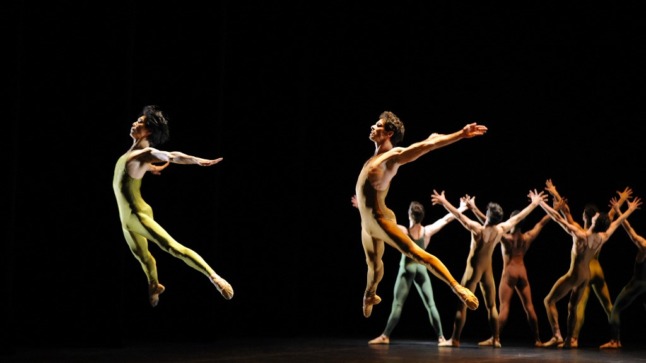According to the report, only the Netherlands has a higher rate with 49.1 percent of its population in part-time work, while Switzerland has 33.7 percent, newspaper Tribune de Genève reported.
Approximately 77 percent of women aged 15 to 64 years old are in employment of some kind compared with approximately 89 percent of men.
Part-time work is significantly more common among women than among men, with almost 58 percent of women working part-time compared with nearly 14 percent of men.
In the case of parents with children under seven years old, the study found that nearly 83 percent of working mothers worked part-time compared to only 8.6 percent of fathers. Despite the low number of part-time fathers, this figure has in fact increased since 2001 from just under 6 percent.
The report also found that the greater the level of education, the greater the involvement in the labour market. Only 74 percent of people aged 25-64 years who had no secondary education were in work, compared with 86 percent of those had completed secondary schooling, and 91 percent who had gone on to a third level such as a university.


 Please whitelist us to continue reading.
Please whitelist us to continue reading.
Member comments